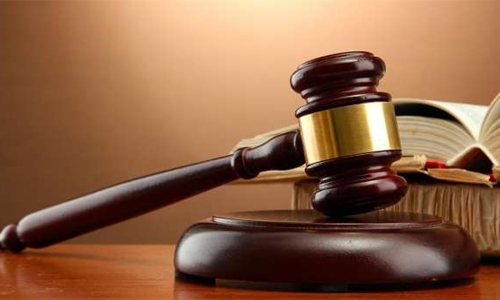Verdict on pleas set in biggest terror cell case
The High Appeals Court has adjourned the case of 87 appellants convicted of terrorism until January 28, 2019, to announce its verdict. The appellants are among 115 male defendants convicted of being part of the country’s biggest terror cell. They were earlier hit with tough sentences and had their Bahraini nationality stripped. The appellants were part of Zu Al Fiqar Terrorist Cell.
Fifty-three defendants were sentenced to life behind bars, while three men received 15 years’ imprisonment. The imprisonment sentences also include 10 years in jail for one defendant and seven years in prison for 15 accused men. The majority of the convicted men, 37, received five years behind bars, while six defendants were given three years’ imprisonment.
The High Criminal Court, however, dropped the charges against 23 defendants due to lack of proof. All the convicted men were ordered to be stripped of their Bahraini nationality. Court files suggest that the cell began its activities in 2013 after it was formed by the first, second and third defendants who invited the other defendants to join it. The cell focused mainly on planning to murder police officers and carrying out subversive activities as well as training its members on making improvised bombs.
It’s said that the cell was involved in the bombing occurred in Aker village on July 19, 2015, in which several police officers were injured. Moreover, the cell was also blamed for the bombing which happened on August 24 in the same year in Muharraq. The attack caused damages to several cars happened to be in the area as well as two buildings.
Furthermore, several defendants involved in the cell were implicated in the riot that broke out on October 9, 2015, in Juffair, where they also planted a homemade explosive which was remotely detonated, causing injuries to two police officers deployed in the area to restore order. Court documents indicate that investigations discovered that many of the accused men were sent to Iran, where they trained on terrorist activities in terror camps run by Iran’s Revolutionary Guard Corps (IRGC).
Related Posts

